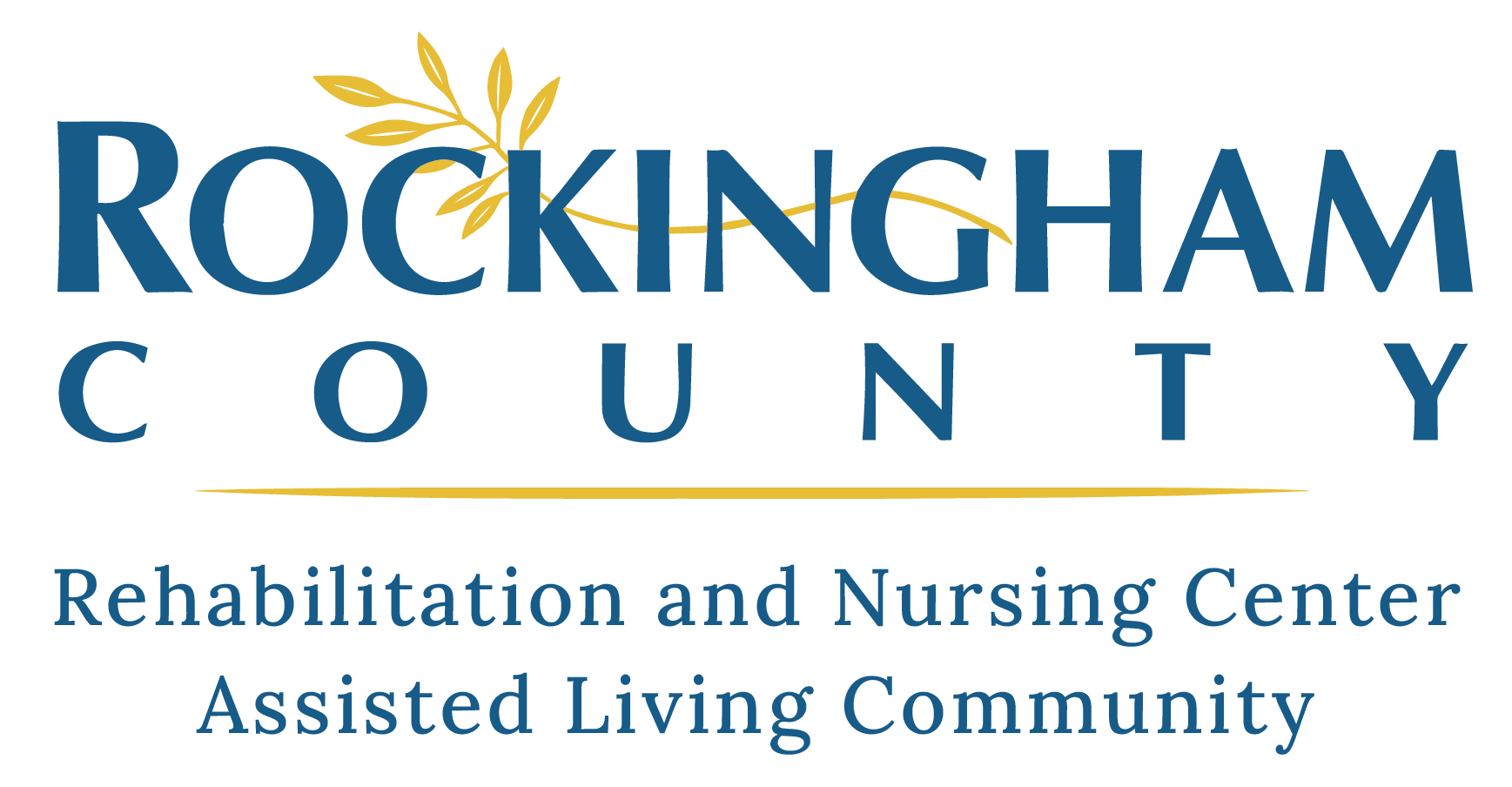In today’s diverse world, it is essential for senior living communities to create inclusive and supportive environments for all residents, including those who identify as LGBTQ+. According to the LGBTQ+ advocacy group for elders, SAGECare, 34% of LGBT older adults fear having to re-closet themselves when seeking senior housing. Because LGBTQ+ older adults face unique challenges as they age, it’s important that senior living providers are specifically trained about the needs of their LGBTQ+ residents.
How to Support LGBTQ+ Older Adults in Senior Living Communities
- Foster an Inclusive Culture: Creating an inclusive culture starts with the staff and administration. Training programs on LGBTQ+ awareness and sensitivity can help educate employees about the unique needs and experiences of LGBTQ+ individuals. This includes understanding appropriate language, recognizing the challenges LGBTQ+ seniors may face, and promoting respect and acceptance.
- Celebrate Diversity: Recognize and celebrate important LGBTQ+ dates and events, such as Pride Month. Hosting events or educational sessions can raise awareness and show support for LGBTQ+ residents. Decorations such as flags, activities, employee swag, and discussions centered around these events can foster a sense of inclusion and visibility.
- Implement Inclusive Policies: Clear policies communicate a commitment to equality and respect. It’s all in the details. Review and update community policies and documents like admissions applications and electronic health records to ensure they are inclusive of LGBTQ+ residents. This includes anti-discrimination policies, equal treatment in housing and services, and respect for residents’ chosen names and pronouns. You can also encourage employees to share their pronouns on name badges or email signatures.
- Provide LGBTQ+-Friendly Resources: LGBTQ+ older adults’ care networks may be structured differently, and they may rely on a family of choice rather than a biological family. Make resources available that specifically cater to the LGBTQ+ community. This might include information about local LGBTQ+ organizations, healthcare providers who are experienced with LGBTQ+ issues, and legal resources for matters such as wills and power of attorney.
- Supportive Health Care: Ensure that healthcare providers within the community are knowledgeable about LGBTQ+ health issues. This includes understanding the specific medical and mental health needs of LGBTQ+ seniors, such as the effects of hormone therapy, higher risks of certain cancers, and the impact of past discrimination on mental health.
- Encourage Open Dialogue: Promote open dialogue between residents and staff about the needs and concerns of LGBTQ+ individuals. Providing regular opportunities for feedback can help identify areas for improvement and ensure that residents feel heard and supported.
- Respect Privacy and Confidentiality: It is crucial that personal information, including sexual orientation and gender identity, is handled with sensitivity and discretion. Residents should feel confident that their privacy will be respected.
- Personalized Care Plans: Develop personalized care plans that consider the unique needs of LGBTQ+ residents. Tailoring services to each individual ensures that all aspects of their identity are respected and that they receive the appropriate support and care.
Although Pride month gives us an opportunity to shine the light on the challenges LGBTQ+ older adults face, it’s important to recognize that supporting LGBTQ+ residents must be an ongoing commitment. By continuously educating ourselves and fostering an inclusive environment, we can create a communities where everyone feels at home.
For more information and resources, please visit Sageusa.org


